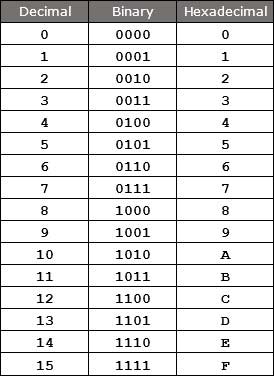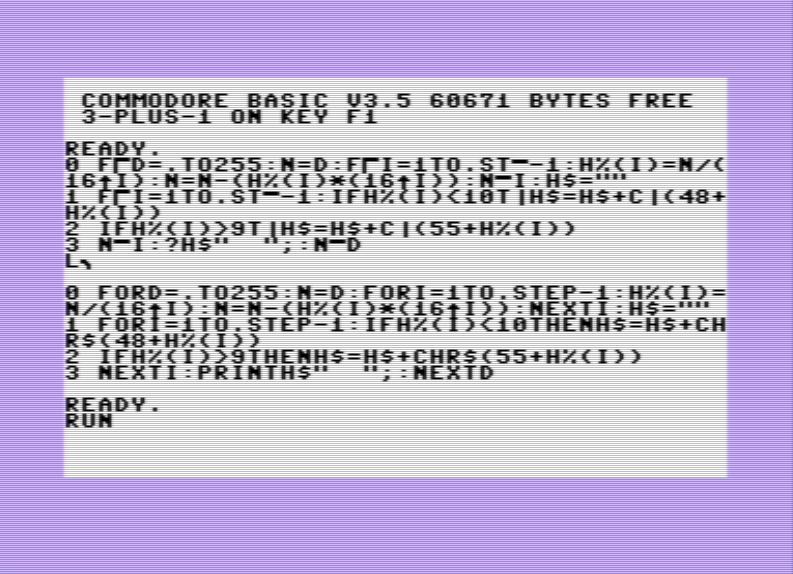
Hexadecimal is a base 16 counting system that goes from 0 to f. Your job is to make a counter that will display these numbers.
Example:
$ python counter.py
1 2 3 4 5 6 7 8 9 a b c d e f 10 11 12 13 14 15 16 17 18 19 1a 1b 1c 1d 1e 1f 20 21 22 23 24 25 26 27 28 29 2a 2b 2c 2d 2e 2f 30
Rules:
- The numbers may be separated by spaces, tabs, or new lines.
- The minimum number you must go to is
30(48 in decimal).- You may also make the program print numbers forever until it is stopped.
- Letters may be in uppercase or lowercase (
Aora). - No built in functions allowed (that directly affect hexadecimal conversions/counting).
- Leading zeros are allowed
- It may start from
1or0 - Shortest code wins!


printftype functions? \$\endgroup\$